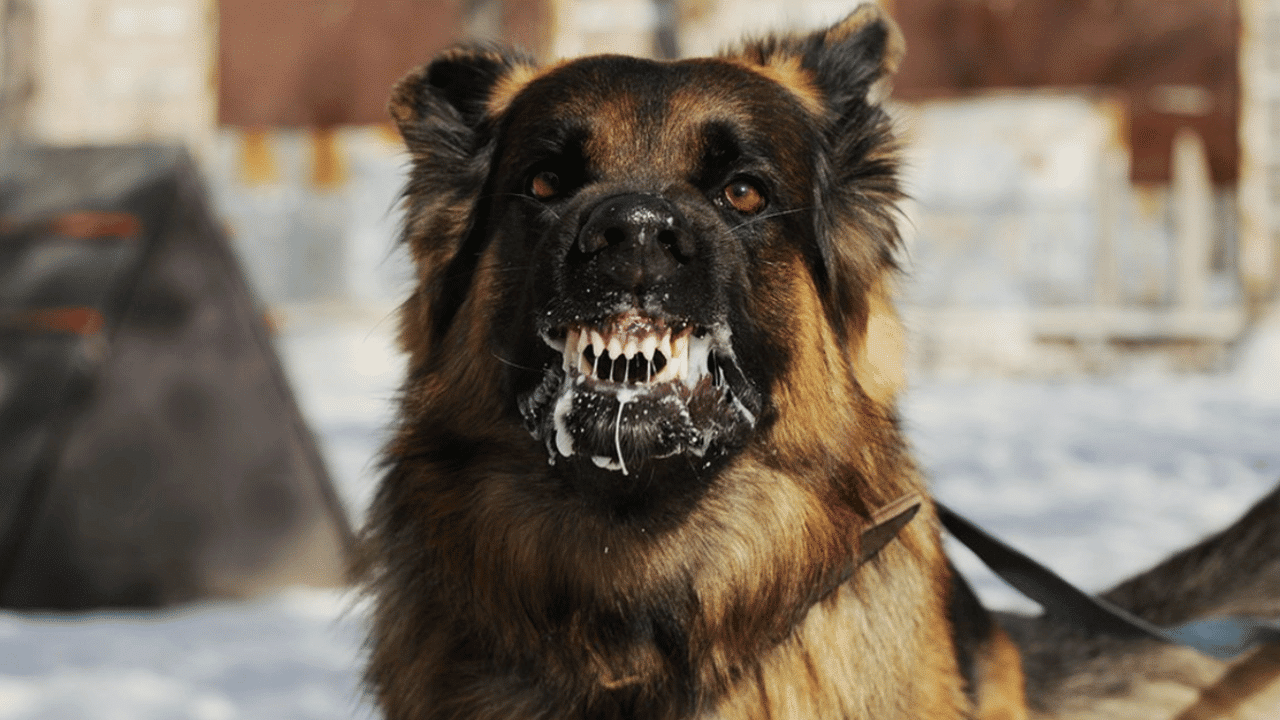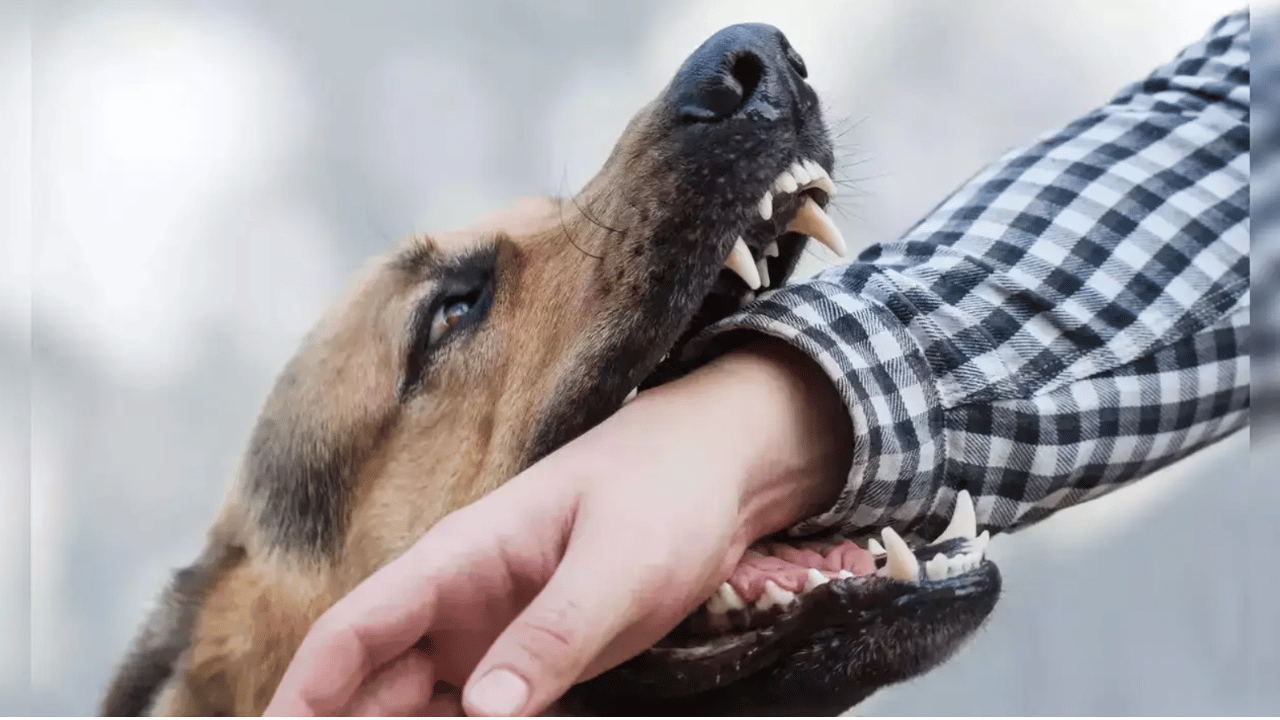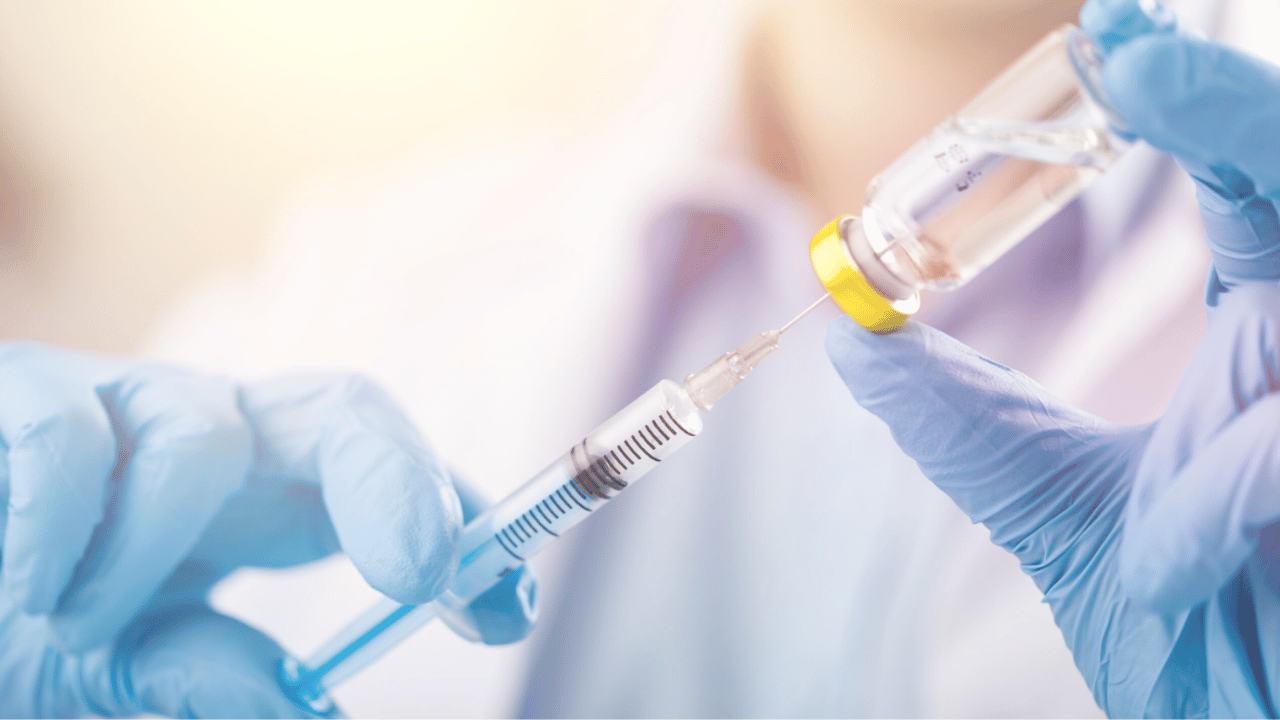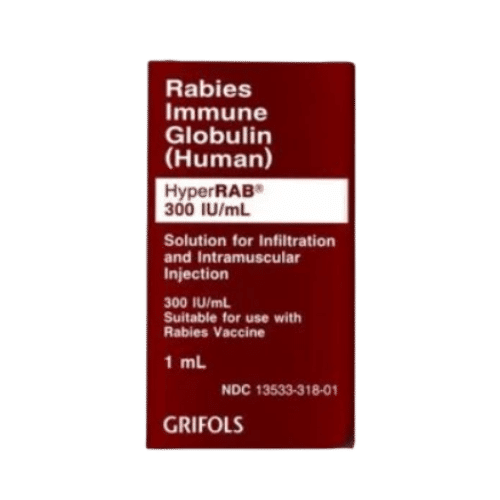
Rabies remains one of the most dangerous viral infections transmitted from animals to humans, and it has been a global health concern for centuries. This disease is almost always fatal once symptoms develop, but the good news is that it is also entirely preventable with the right medical intervention. For destinations like Bali, where the charm of natural beauty, vibrant culture, and abundant wildlife attracts millions of travelers every year, understanding the risks of rabies is crucial. With stray dogs and other animals often present in public areas, both residents and visitors must remain aware of how rabies spreads and the importance of acting quickly after potential exposure.
While Bali is known as a tropical paradise, it is also a region where rabies cases continue to be reported, making preventive strategies a necessity rather than an option. Immediate medical response plays a critical role, especially for anyone who has been bitten or scratched by a potentially rabid animal. Among the most effective treatments is the administration of Rabies Immunoglobulin Bali, which works hand-in-hand with the rabies vaccine to provide life-saving protection. This combined approach ensures both short-term and long-term immunity, offering peace of mind for those living in or traveling to the island.
What is Rabies?

Rabies is a life-threatening viral disease caused by the Lyssavirus, a virus that primarily affects mammals, including humans. The infection usually begins when the virus enters the body through the bite or scratch of an infected animal, most commonly dogs, cats, or bats. Once inside the body, the virus travels through the nervous system toward the brain, where it causes inflammation and irreversible neurological damage. The progression of rabies is particularly dangerous because early symptoms can appear mild, resembling the flu, but once the virus reaches the central nervous system, the condition escalates rapidly. Without timely intervention, rabies almost always results in death, making it one of the most feared infectious diseases worldwide.
In Bali, rabies continues to be a public health challenge due to frequent interactions between humans and stray animals. This is why education, awareness, and access to proper medical care are critical. Immediate treatment after a potential exposure can prevent the virus from spreading within the body. The use of rabies vaccines such as Verorab, combined with Rabies Immunoglobulin Bali, provides both active and passive immunity to stop the virus in its tracks. Understanding what rabies is, how it develops, and why it is so dangerous is the first step in protecting yourself and others, whether you are a local resident or a traveler enjoying the island
Causes and Transmission of Rabies

The primary cause of rabies transmission is direct contact with the saliva of an infected animal, typically through a bite or scratch that breaks the skin. Dogs are the most common carriers worldwide, but other mammals such as cats, bats, and monkeys can also spread the virus. Once the saliva enters the human body, the rabies virus begins to move along the peripheral nerves toward the spinal cord and brain. Unlike many other infections, rabies does not spread through casual contact; it requires a direct pathway into the body, usually via wounds or mucous membranes such as the eyes, nose, or mouth. This direct method of transmission makes animal bites particularly dangerous and underscores the importance of immediate wound care and medical attention.
In Bali, where stray dogs and free-roaming animals are commonly seen near beaches, villages, and tourist spots, the risk of exposure is higher compared to many other destinations. Even minor scratches or licks on broken skin can be enough to transmit the virus. For this reason, both locals and international travelers should remain vigilant and seek professional medical care if any incident occurs. Post-exposure treatment—especially the combination of rabies vaccination and Rabies Immunoglobulin Bali—is critical in preventing the virus from advancing to the nervous system. By understanding how rabies spreads and recognizing the high-risk environments in Bali, individuals can take the right steps to protect themselves and reduce the chances of infection.

Symptoms of Rabies
Rabies symptoms may take weeks or months to appear after exposure. Common early signs include:
- Fever and headache
- Fatigue and general weakness
- Pain, tingling, or burning at the wound site
As the disease progresses, severe neurological symptoms emerge:
- Anxiety, confusion, or agitation
- Difficulty swallowing and hydrophobia (fear of water)
- Muscle spasms and paralysis
Once these symptoms appear, rabies is almost always fatal.
Prevention of Rabies
Prevention is the most effective way to protect against rabies. Strategies include:
- Avoiding contact with stray animals
- Vaccinating pets against rabies
- Receiving pre-exposure rabies vaccination if living in or traveling to high-risk areas
Rabies Vaccine (Verorab)

The rabies vaccine, such as Verorab, plays a crucial role in both preventing and managing rabies infections. For individuals who are at risk before exposure—such as veterinarians, animal handlers, or travelers spending extended time in high-risk areas—the vaccine can be given as a pre-exposure prophylaxis. This allows the body to build up antibodies against the rabies virus, ensuring faster immune response if an exposure occurs later. In the case of post-exposure treatment, the vaccine is administered after a bite or scratch, working together with Rabies Immunoglobulin Bali when necessary to stop the virus from reaching the nervous system. Verorab is trusted worldwide for its effectiveness, making it a vital tool in global rabies prevention strategies.
For travelers to Bali, especially those planning outdoor adventures, village visits, or extended stays, receiving the rabies vaccine is strongly recommended. The island’s natural beauty often comes with close encounters with animals, particularly stray dogs and monkeys in temples or forests. While not every bite or scratch will result in rabies, the consequences of infection are too severe to ignore. By choosing vaccination, visitors gain peace of mind knowing that they are significantly reducing their risk. Combined with proper medical care and the availability of Rabies Immunoglobulin Bali at trusted facilities like Saline Clinic, Verorab provides a strong line of defense against one of the world’s deadliest viral infections.
Post-Exposure Rabies Treatment
If someone is bitten or scratched by a potentially rabid animal, immediate medical care is critical. Post-exposure prophylaxis (PEP) includes:
- Wound Care – Cleaning the wound thoroughly with soap and water.
- Rabies Vaccine – A series of injections (such as Verorab) to help the body produce antibodies.
- Rabies Immunoglobulin (RIG) – For severe exposures, Rabies Immunoglobulin Bali is administered directly into and around the wound. This provides immediate passive immunity while the vaccine helps build long-term protection.
The combination of vaccine and RIG is the gold standard for preventing rabies after potential exposure
Rabies Immunoglobulin Bali at Saline Clinic
In Bali, where encounters with stray animals and potential rabies exposure remain a serious concern, timely access to comprehensive treatment can literally mean the difference between life and death. At Saline Clinic, patients receive a full spectrum of post-exposure rabies care: immediate wound cleaning, evaluation of the exposure risk, administration of the rabies vaccine (such as Verorab), and the crucial use of Rabies Immunoglobulin Bali when needed.
By infiltrating rabies immunoglobulin around and into the wound, Saline Clinic provides passive immunity that acts immediately to neutralize virus particles, while the vaccine helps build long-lasting active immunity. This two-pronged approach ensures both immediate and long-term protection and is especially vital when the exposure is severe or the victim has never been vaccinated previously.

One of the key products available at Saline Clinic is HYPERRAB, a trusted human rabies immune globulin used for post-exposure prophylaxis. HYPERRAB is administered together with the rabies vaccine for anyone suspected of exposure to the virus. It should be given at the time of the first vaccine dose (day 0), but no later than day 7. Each 1 ml of HYPERRAB contains 300 IU of rabies immune globulin (human), providing effective passive immunity at the site of infection.
While generally safe, possible side effects include headache, mild flu-like symptoms, digestive discomfort, muscle pain, or local reactions at the injection site such as pain, swelling, or redness. Rarely, anaphylactic reactions may occur. HYPERRAB has no contraindications, but individuals previously vaccinated with confirmed adequate rabies antibody levels generally require only the vaccine. With this product available,Saline Clinic ensures that both residents and travelers in Bali receive internationally recognized, reliable rabies treatment when they need it most.
Rabies remains one of the deadliest viral infections in the world, but it is also one of the most preventable. Education and awareness about how the virus spreads, early recognition of symptoms, and timely action after animal bites or scratches are the foundation of effective rabies control. Preventive strategies such as avoiding contact with stray animals, vaccinating pets, and considering pre-exposure vaccination with Verorab are essential steps, especially for those living in or traveling to high-risk areas like Bali. Equally important is immediate post-exposure treatment, which combines rabies vaccines with Rabies Immunoglobulin Bali to provide both rapid and long-term protection against the virus.
For residents and visitors in Bali, having access to reliable healthcare providers is critical. Facilities like Saline Clinic play an important role in protecting communities by offering comprehensive rabies treatment services, including wound care, vaccination, and the administration of trusted products such as HYPERRAB. By ensuring the availability of these life-saving interventions, Saline Clinic provides not only medical protection but also peace of mind for those who may face the unexpected risk of rabies. With the right combination of vigilance, preventive care, and professional treatment, rabies can be effectively managed, allowing everyone to safely enjoy the beauty and culture of Bali.
Frequently Asked Questions (FAQ)
1. What should I do immediately if I am bitten by a dog in Bali?
The first step is to wash the wound thoroughly with soap and running water for at least 15 minutes to reduce the viral load. After that, seek medical care as soon as possible. At a facility like Saline Clinic, doctors can provide proper wound management, the rabies vaccine, and Rabies Immunoglobulin Bali if required.
2. Do I need rabies vaccination before traveling to Bali?
It depends on the length and type of your stay. Short-term tourists may not require pre-exposure vaccination, but those planning extended stays, rural visits, or outdoor activities are strongly advised to receive the rabies vaccine, such as Verorab, before arriving. Pre-exposure vaccination ensures faster and more effective treatment if exposure occurs.
3. What is the difference between the rabies vaccine and Rabies Immunoglobulin Bali?
The rabies vaccine (e.g., Verorab) helps the body develop its own immunity over time, while Rabies Immunoglobulin Bali provides immediate passive protection by neutralizing the virus at the wound site. In severe exposures, both are used together for maximum effectiveness.
4. Is Rabies Immunoglobulin available everywhere in Bali?
Not all clinics in Bali have Rabies Immunoglobulin in stock, as it requires special storage and handling. However, Saline Clinic is one of the trusted facilities that provides both the vaccine and Rabies Immunoglobulin Bali, ensuring complete post-exposure treatment.
5. What are the side effects of Rabies Immunoglobulin (HYPERRAB)?
HYPERRAB is generally safe, but mild side effects may occur, including headache, flu-like symptoms, stomach discomfort, muscle pain, or local reactions at the injection site (such as redness, swelling, or pain). Severe allergic reactions are extremely rare. Doctors at Saline Clinic will monitor and guide patients throughout the treatment process.
